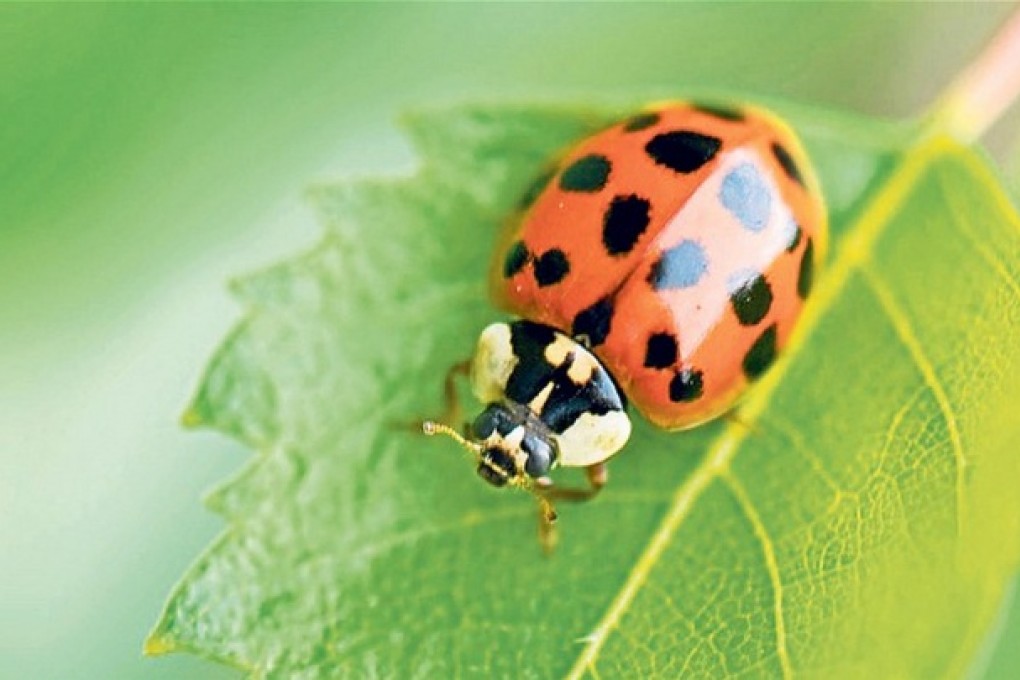Harlequin ladybird shows dangers of alien species as biological control
Beetle from East Asia wreaks havoc in US, Europe after being introduced to kill bugs

The harlequin ladybird was once a stalwart ally of greenhouse owners around the world.
Native to Japan, Korea and other parts of eastern Asia, the bright red beetles were prized for their aphid-eating abilities - until they caused serious declines in other ladybird populations.
Now, researchers have discovered the harlequin's secret weapon: a deadly parasite that lives harmlessly in its body but kills other species with abandon.
The findings, published in the journal Science, demonstrate how things can go awry when a foreign creature is introduced into an ecosystem, even when done with the best intentions.
Ladybirds are beloved by humans and are valuable to gardeners, who deploy the spotted beetles to eat plant-munching aphids rather than spray their shrubs, flowers and crops with harsh chemical pesticides.
It is a prime example of an environmentally friendly agricultural practice known as biological control. But one particular ladybird - the harlequin, or Harmonia axyridis - has proved to be a two-faced friend.